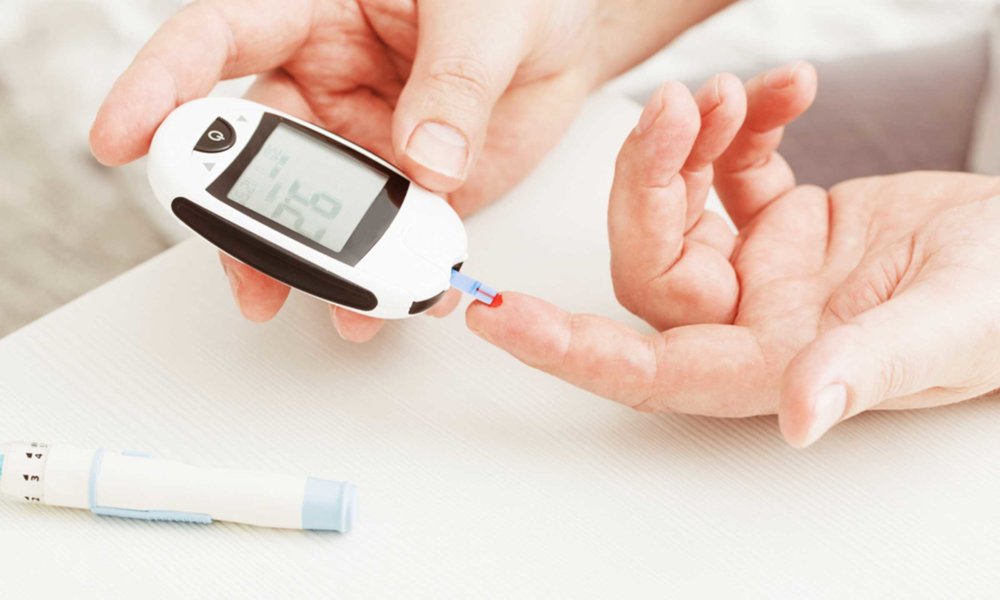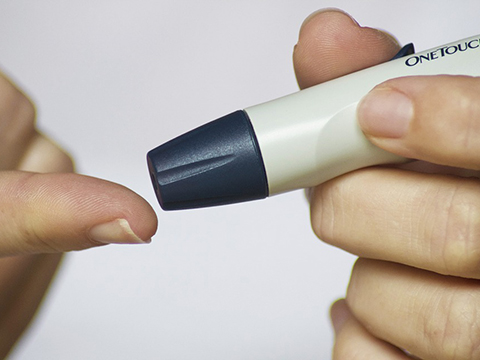What is diabetes? Video: Diabetes UK
Opinion of someone with diabetes
Ciara Ryan, 22, who has diabetes, said “I love the idea of World Diabetes Day, but there’s not enough publicity.
Diabetes day, and diabetes month, should be about educating those who don’t know about the condition so they know what symptoms to look out for, both in themselves and others.”
She added, “At the moment it seem it’s just diabetics who already know about the condition discussing it with each other. It’s almost therapeutic but outside the diabetic community, it doesn’t have much of an impact”.
What is the emotional impact of a long-term health condition on mental health?
Statistics from Diabetes UK Cymru
64% of people living with diabetes often feel down because of their condition
1/3 of people who called the Diabetes UK helpline did so to request emotional or mental health support and advice
Over 75% of people living with diabetes have not been offered emotional or mental health support to help them manage the condition
More than 7% of the population of Wales are living with diabetes, but what is being done this World Diabetes Day?

Diabetes affects more than 191,00 people in Wales (Image: Aspire Training Team)
World Diabetes Day is tomorrow, Wednesday 14 November.
Wales has the highest prevalence of diabetes in the United Kingdom, with more than 191,000 people in Wales, equating to 7.3% of the population of Wales aged 17 and over, living with the condition, according to Diabetes UK.
It is also estimated that a further 59,000 people in Wales have undiagnosed diabetes, or are unaware of their condition.

Everybody with Type 1 and some people with Type 2 diabetes need to inject insulin to help manage their blood sugar levels (diabetes.org) (image: Daily Express)
To mark World Diabetes Day, Diabetes UK Cymru are teaming up with Mind Cymru to host a quiz in the Oriel cafe of the Senedd to raise awareness of mental health problems in people with long-term health conditions, said Betti Hunter, communications manager for Diabetes UK Cyrmu.
She said: “We will be inviting Assembly Members and the public to complete a quiz which will test their knowledge of the emotional impact of living with diabetes.
We anticipate that many of them will be very surprised by what they will learn!”.
The event will also see Diabetes UK Cymru public affairs and policy manager Joshua James and Mind Cymru senior policy and campaigns officer Rhiannon Hedge host a stand in the Senedd on 14 November from 10am – 4pm, offering information about the prevalence of emotional and mental health issues among people living with diabetes and other chronic conditions, Betti added.
Currently there are over 425 million people living with diabetes in the world and this is expected to rise to 522 million people by 2030, says the International Diabetes Federation.
World Diabetes Day reaches a global audience of over 1 billion people in more than 160 countries and the theme for this year’s discussions and events is “Family and Diabetes”, recognising that diabetes affects the individuals with diabetes but also those around them.
Further, NHS Wales says that family support in diabetes care has been proven to have a substantial effect in improving health outcomes for those with diabetes.
Video from Diabetes UK: Highlights from the T1 and Tech Conference, hosted at Swansea University, Nov 2018
What is diabetes? Video: Diabetes UK
Opinion of someone with diabetes
Ciara Ryan, 22, who has diabetes, said “I love the idea of World Diabetes Day, but there’s not enough publicity.
Diabetes day, and diabetes month, should be about educating those who don’t know about the condition so they know what symptoms to look out for, both in themselves and others.”
She added, “At the moment it seem it’s just diabetics who already know about the condition discussing it with each other. It’s almost therapeutic but outside the diabetic community, it doesn’t have much of an impact”.
What is the emotional impact of a long-term health condition on mental health?
Statistics from Diabetes UK Cymru
64% of people living with diabetes often feel down because of their condition
1/3 of people who called the Diabetes UK helpline did so to request emotional or mental health support and advice
Over 75% of people living with diabetes have not been offered emotional or mental health support to help them manage the condition




